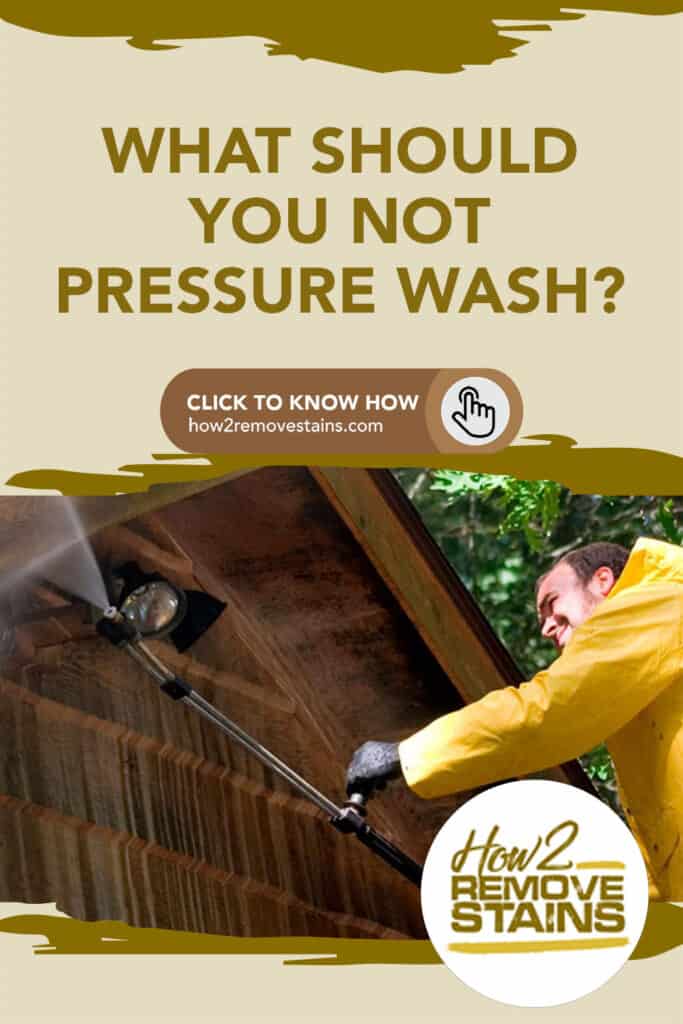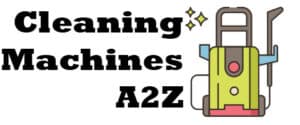When you first get into the realm of pressure washing, you are going to want to do a fair bit of research on the best way to go about doing things. There are many steps and processes to learn, and one such process includes figuring out what you can and cannot pressure wash.
Common surfaces not to pressure wash
There are some surfaces out there that are not designed to take the high pressure of a good pressure washer. Some of the most common surfaces include glass and mirrors, wood siding, bricks, anything electrical, asphalt shingles, certain types of paint, and lighting fixtures.
All of these surfaces can be severely, if not irreparably damaged with a pressure washer, even if you use the lightest setting.
What Goes Wrong?
Pressure washers are amazing for their intended purpose, which is cleaning off surfaces that are designed to handle the intense pressure that the nozzle will have the water at. Because pressure washing is still a relatively new concept, and it is only somewhat recently that homeowners are getting into the pressure washing process, there are many surfaces that are not designed with pressure washing in mind. This means that if you try to pressure wash them, you will end up damaging the structure of the surface, which can be costly to repair depending on what you are working with.
Do not pressure wash electrical panels
Starting with the most obvious objects you should not pressure wash, you should always work to keep your pressure washer’s aim away from anything electrical or living. Most electrical panels on the side of your house are relatively thin, even if they are made from metal. In fact, there are many people who have inadvertently damaged these panels without meaning to, without the use of the pressure washer. This gives you an idea of just how weak the metal can be.
Not only will you damage the object of the electrical panel and its covering, or the parts of your air conditioning unit, but you may also end up damaging or exposing wires that are inside of the electrical object. If something has electricity running through it, no matter what it is, you should not point your pressure washer at it.
Do not pressure wash plants
Likewise, anything living can be damaged severely by pressure washers. Plants can be completely uprooted and decimated, while someone’s skin can get a deep gash from the pressure of the pressure washer. Even if the pressure washer is only spouting out water, when it is being spouted out at such a high pressure, it will cut through anything thin like a knife would.
Do not pressure wash surfaces that might chip
Next, you will want to avoid using the pressure washer on anything that may “chip” under that pressure. There are many surfaces that will not hold up well to the pressure, but will not necessarily disintegrate. Instead, they will have small pieces fly off the surface when it is hit by the pressure washer’s jet. These tiny pieces are often harmless, but in some cases, they may be big enough to cause damage when they fly into you. The main problem that people have is the aesthetic of a chipped surface.
Do not pressure wash painted surfaces and bricks
Most painted surfaces, particularly lead paint, bricks, mortar, and asphalt shingles are going to be the biggest culprits of this. All of these materials can be strong in their own rights, but they will fracture and break under the pressure washer’s jet, meaning that you will often be better off using a garden hose to clean these objects.
Do not pressure wash wood siding
Finally, you will want to avoid using the pressure washer on wood siding. Wood is already a finicky surface to use a pressure washer on, as the fibers of most wood will swell with the water intake, which can lead to an uneven surface when you are done cleaning. If normal wood that you would use for the house’s structure or your deck is prone to this, then wood siding (which is many times thinner than standard wood) is going to be out of the question. This is another material that you will want to find another cleaning method for.
- Should I use bleach in my pressure washer
- Is it a good idea to pressure wash my car
- Make your own detergent for your pressure washer
More questions about what you can or cannot pressure wash
What Alternative Cleaning Methods Are There?
More often than not, for these surfaces, the best cleaning method is going to be to take a sponge, some cleaning agents suitable for the surface you are working with, and some elbow grease. In cases where the surface area is too big to work with your hands and a sponge, then using a garden hose will often work just as well.
What Can You Clean with a Pressure Washer?
There are many surfaces that you can clean without a problem when you are using pressure washers. These include standard house sidings, roofs, concrete, asphalt driveways, natural stones used on patios, the wood used for decks, and so on. As long as the surface is hard and can stand up to the pressure, you will be able to clean it effectively and efficiently with the pressure washer.
What About Stained Wood?
Wood has gotten many mixed signals on exactly what you can use to clean it. Some types of wood cannot handle the pressure washer, while other types of wood are perfectly fine to use a pressure washer on. Some people may think that stained wood can handle the pressure, as the stain provides protection, but this is not the case.

